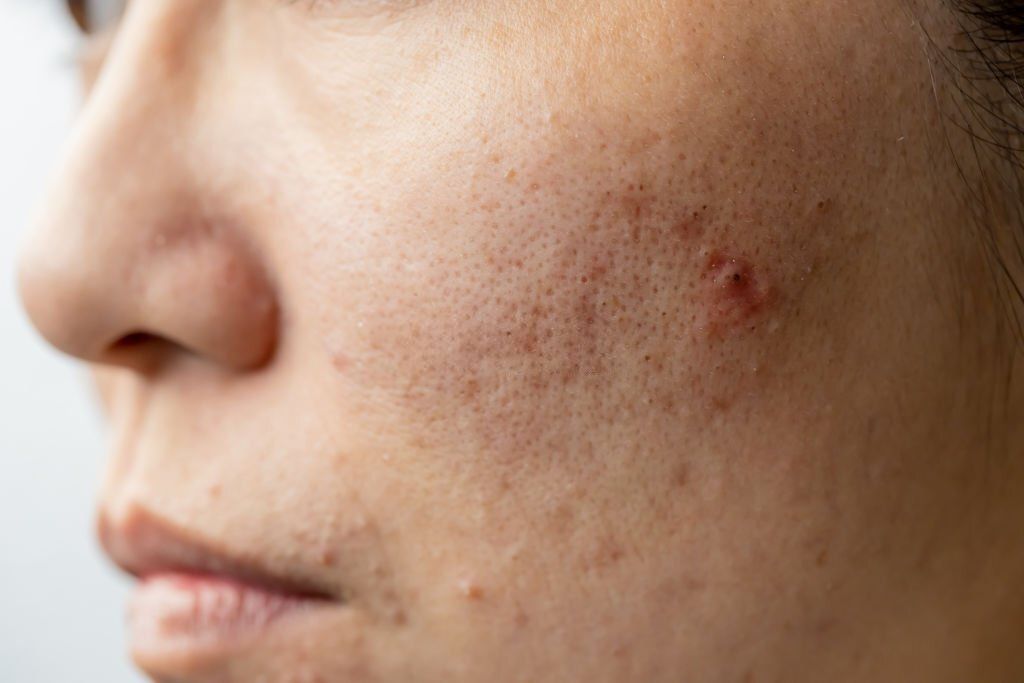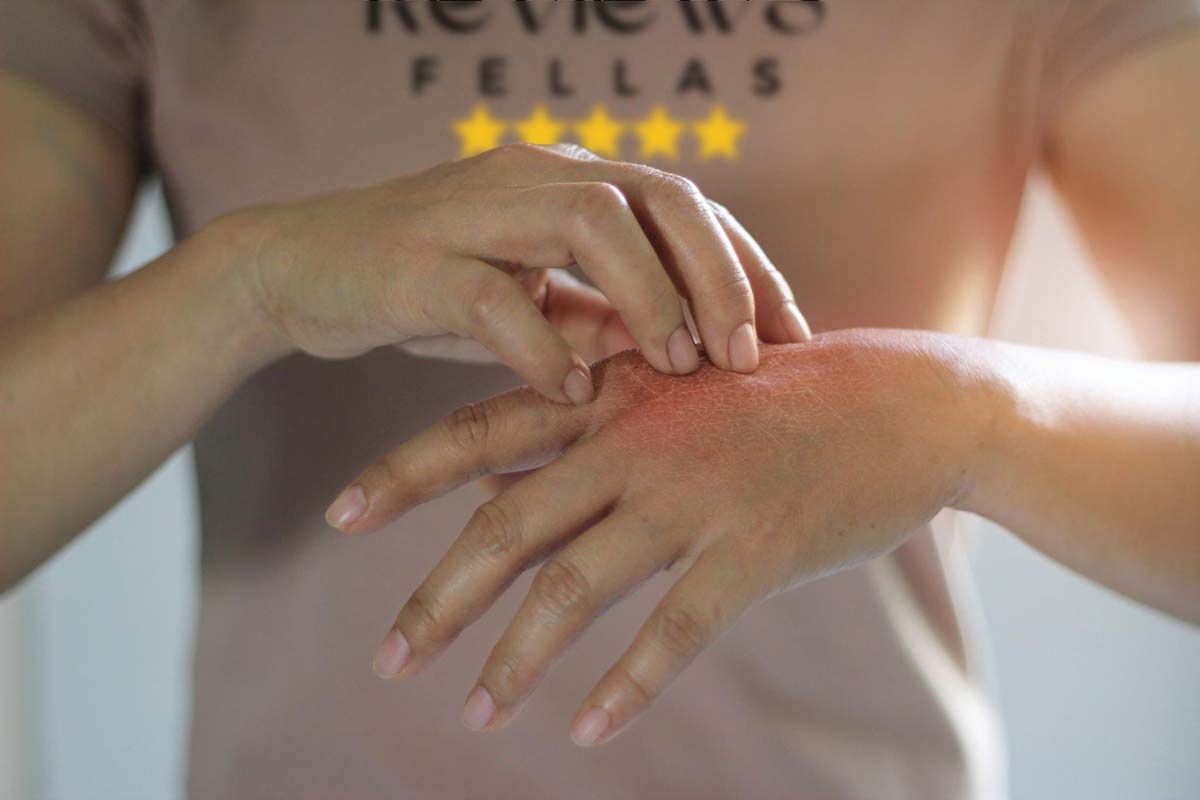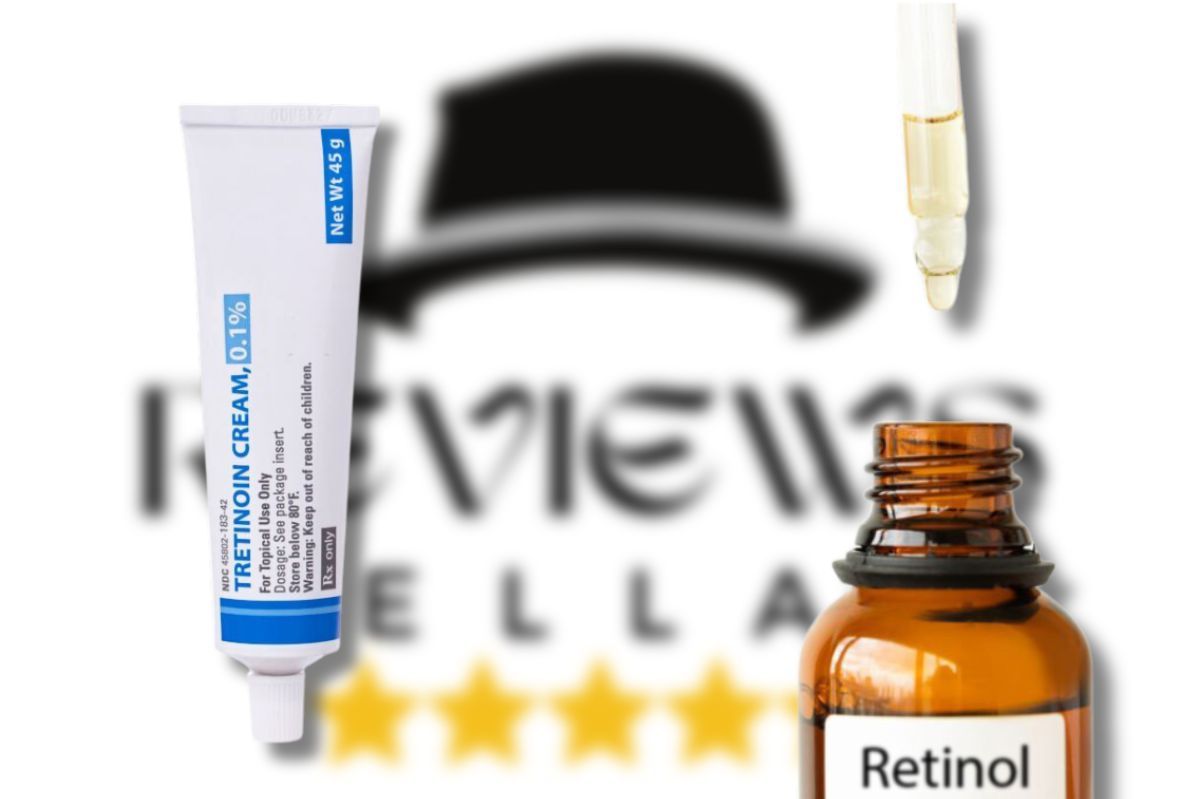Tretinoin and retinol are both retinoids, which are forms of vitamin A used to treat various skin conditions like acne, wrinkles, and age spots. Tretinoin and retinol are both retinoids (vitamin A derivatives) that offer skin benefits.
Tretinoin is prescription-strength, potent, and used for acne and aging. Other hand, over-the-counter retinol is milder but effective. Understanding these retinoids can inform skincare routines.
Many people are confused about both compounds; many people have a question in mind that is tretinoin retinol? We'll analyze the differences between retinol and tretinoin (retinol vs tretinoin) and how they differ from one another.
What is Tretinoin?
Tretinoin, commonly known as retinoic acid, is a topical treatment that requires a prescription. It efficiently treats acne and sun-damaged skin and smooths out fine wrinkles effectively. It works by raising the rate of skin cell production, promoting the growth of newer, healthier cells.
In the case of acne, tretinoin unclogs pores, reduces sebum production, and minimizes irritation. Which aids in the treatment of existing pimples and the prevention of future outbreaks. Tretinoin reduces the risk of skin cancer and improves the look of wrinkles and liver spots, and other signs of sun damage in the skin that has been damaged by the sun (such as sunspots on skin and solar comedones).
Benefits of Tretinoin

Acne Treatment
Tretinoin is highly effective in treating acne by reducing the formation of comedones (clogged pores), preventing the growth of acne-causing bacteria, and promoting skin cell turnover. Acne breakouts can be cleared, and future acne breakouts can be prevented with this.
Anti-Aging Effects
Tretinoin is well known for its ability to combat signs of aging. It aids in collagen synthesis and speeds up the regeneration of skin cells, resulting in the reduction of skin spots, fine lines, and wrinkles. Consistent use of tretinoin can lead to a more youthful, firmer, and smoother complexion.
Improved Skin Texture
Tretinoin can help improve skin texture by reducing roughness, refining pores, and promoting a more even skin tone. It can also be used to treat hyperpigmentation after inflammation caused by pimples, sun exposure, or other skin disorders.
Treatment of Photodamage
Tretinoin has proven efficacy in fixing some of the negative effects of UV exposure. Including sunspots, uneven pigmentation, and textural changes caused by long-term sun exposure.
Additional Skin Benefits
Certain skin conditions can be treated with retinol. For example, lowering the visibility of stretch marks, managing keratosis pilaris (rough, bumpy skin), and treating certain types of hyperpigmentation like melasma.
Risk Factors for Using Tretinoin

Some of the risk factors for using tretinoin include:
-
Skin Irritation: Tretinoin can cause skin dryness, redness, peeling, and sensitivity, especially during the initial stages of use. These side effects are often temporary and can be managed by gradually introducing tretinoin into the skincare routine and using moisturizers and gentle cleansers as recommended by a dermatologist.
-
Increased Sun Sensitivity: Tretinoin may cause the skin to be more photosensitive. It is critical to apply SPF-rated sunscreen and to prevent sun exposure.
-
Overuse interaction: Some individuals may be tempted to use tretinoin more frequently or in higher concentrations, hoping for faster results. However, excessive use can lead to more severe skin irritation, dryness, and potential long-term damage.
-
It is essential to follow the prescribed instructions and consult with a dermatologist regarding the appropriate usage and concentration for your specific needs.
-
Not Suitable for Certain Individuals: Tretinoin is not recommended for pregnant women, those planning to become pregnant, or individuals who are breastfeeding. Moreover, individuals with extremely sensitive or compromised skin may not tolerate tretinoin well and should consult with a dermatologist to explore alternative options.
-
Damaged by heat: Tretinoin is sensitive to heat; it needs to keep at room temperature at around 25-26 degree Celsius.
What is Retinol?
Skincare products often contain retinol, also a “vitamin A” derivative used in skin care products that aim to maximize the skin's visual allure. As a retinoid, it promotes cell turnover and collagen production, reducing age-related spots, post-inflammatory hyperpigmentation, and other skin issues.
Retinol is available over-the-counter (OTC) or by prescription, with OTC products typically containing lower concentrations than prescription retinoids. Mild side effects like redness, dryness, and irritation can occur with retinol use, but they usually resolve on their own.
Benefits of Retinol

- Collagen Production: Retinol promotes collagen formation, improving skin structure and reducing signs of aging.
- Cell Turnover: By enhancing the turnover and regeneration of skin cells, retinol facilitates a quicker renewal cycle. It helps shed dead skin cells more effectively, revealing smoother and more radiant skin. This process can also help unclog pores, reducing the occurrence of acne breakouts.
- Improved Skin Texture: With consistent use, retinol can refine the skin's texture by smoothing out rough patches and reducing the visibility of acne scars, melasma, and other surface imperfections.
- Enhanced Hydration: Retinol has been found to improve the skin's ability to retain moisture, promoting better hydration and a plumper appearance. This could be very useful for people with dry or dehydrated skin.
- Antioxidant Properties: Individuals with sensitive skin or specific skin conditions may experience excessive dryness, redness, or allergic reactions to retinol.
- Pregnancy and Breastfeeding: While retinol is generally considered safe during pregnancy and breastfeeding, consulting with a healthcare professional is important before using any retinol-containing skincare product during these periods.
- Allergic reaction: Retinol can induce allergic reactions in rare situations.
Tretinoin vs Retinol
Here is the difference between retinol and tretinoin
Frequently Asked Questions
Q: Which one is better to start with, tretinoin vs retinol?
Ans: Retinol is commonly recommended as the best first option for retinoid treatments for the majority of individuals.
Q: Is retinol the same as tretinoin?
Ans: Retinol and tretinoin share a common compound but with different properties.
Q: How to understand the effects of tretinoin before and after?
Ans: By examining your skin condition, the difference can be understood. Either way, Capture photographs of your skin before starting tretinoin treatment. After using it for 1-2 months, compare the before and after images so you can easily evaluate the difference.
Q: Does tretinoin expire?
Ans: Yes, tretinoin does have an expiry date. The expiration date is often printed on the drug container and is approximately two years from the date of production.
Q: How to get prescription retinol?
Ans: To get prescription retinol, consult with a healthcare professional like a dermatologist or general practitioner.
Q: Is over the counter tretinoin available?
Ans: No, tretinoin is not available over the counter; it is a prescription medication.
Q: What are the best retinol and tretinoin in the market?
Ans: There are lots of brands are manufacture retinol and tretinoin treatments. Such as Kiehl retinol or retinol kiehls, the ordinary retinol, strivectin retinol, roc retinol correxion (roc skin care), paula's choice, olay retinol 24, nourishmax retinol.
Q: How many forms can be found for retinol or tretinoin?
Ans: Retinol tretinoin can be found in other forms, such as gels, creams, lotions, serums, or even oral capsules.
The Bottom Line
Both retinol and tretinoin provide valuable skin benefits. Tretinoin is a potent prescription medication used to treat acne and reduce signs of aging. Retinol, available over-the-counter, offers a milder but more effective alternative for similar concerns.
Considering individual skin type, preferences, and skincare goals is crucial when choosing between these options. Consulting a dermatologist or skincare professional can help determine the best choice and guide in establishing a safe and effective skincare routine.


